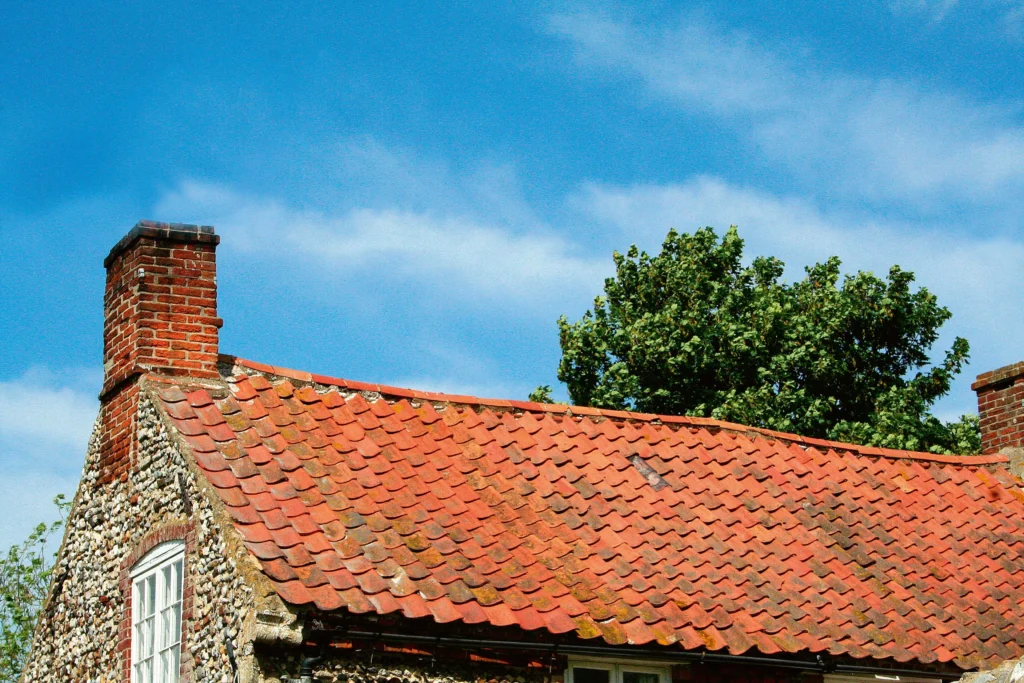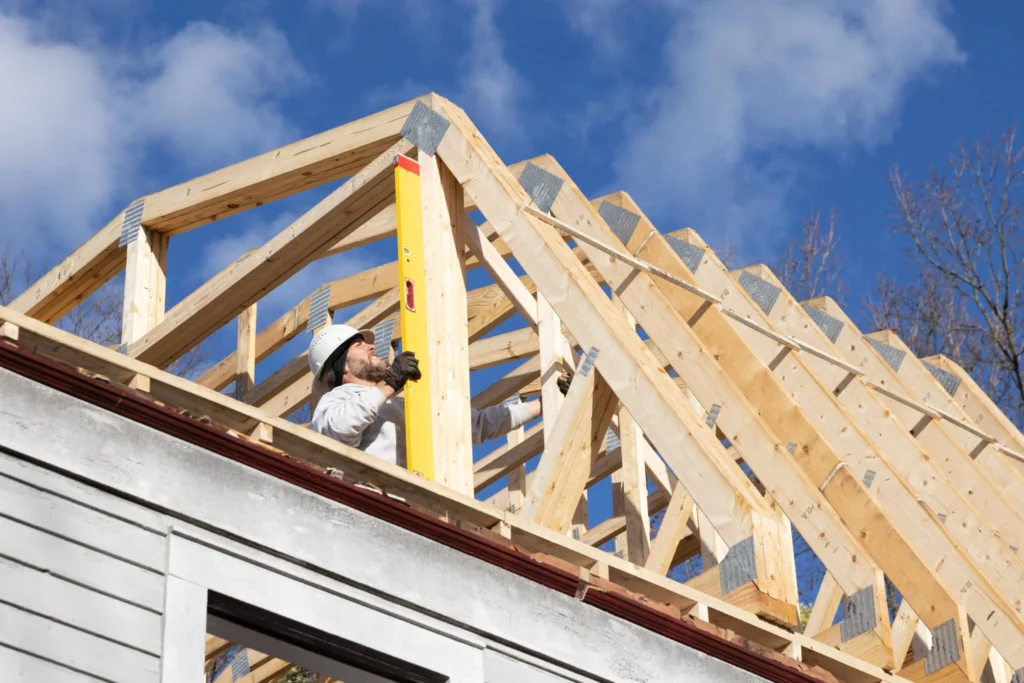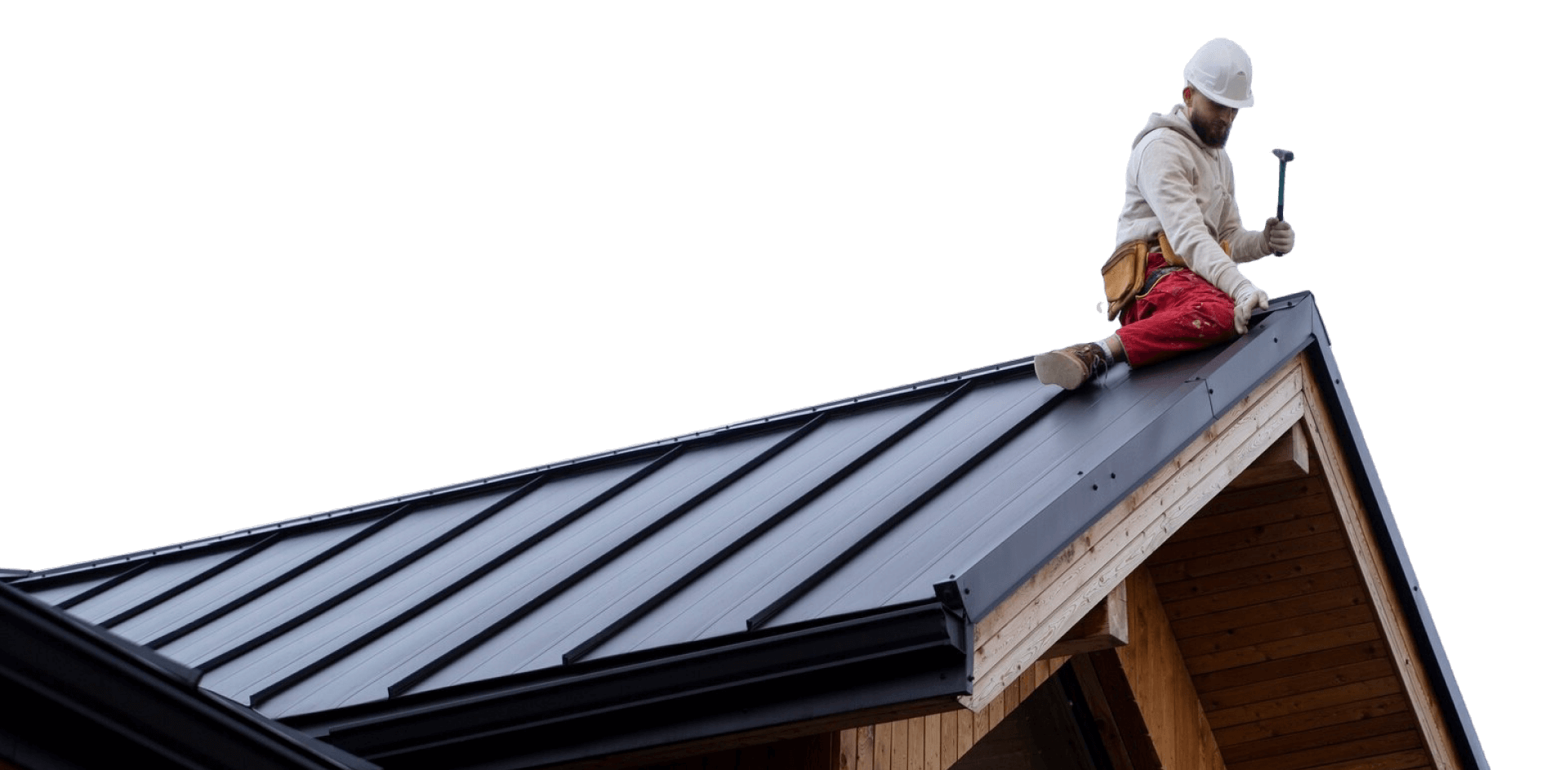Can You Write Off a New Roof on Your Taxes? Here’s When It’s Possible
Installing a new roof is one of the biggest investments a homeowner can make. It’s essential for protecting your home from the elements and maintaining its value. But once the work is done and you’ve paid the invoice, a common question tends to pop up: Can you claim a new roof on your taxes?
In Canada, tax laws related to home improvements like roofing aren’t always straightforward. Whether you’re a homeowner living in your property or a landlord managing rental units, there are specific scenarios where tax deductions, credits, or rebates may apply—and others where they don’t. This guide breaks it all down so you can understand what’s possible and how to make the most of any financial benefits.
Whether you’re upgrading for curb appeal, energy efficiency, or just replacing an old roof, knowing your options can help you save in the long run. And if you’re in Vancouver, Proper Roofing can make sure your new roof is not only installed with care but also possibly eligible for energy-related incentives and government programs.
Understanding Canadian Tax Deductions for Homeowners

To know whether you can write off a new roof, it’s important to understand how Canada’s tax system treats home renovations. First, there’s a major distinction between the two types of property:
- Personal-use property: your primary residence (the home you live in)
- Income-generating property: rental homes, vacation rentals, or properties used partly for business
Generally, if you replace a roof on your personal residence, you cannot deduct the cost on your income tax return. That’s because personal home improvements are not considered a deductible expense under CRA rules. These types of renovations are capital expenditures—they add value to the home and are considered part of your home’s cost base (which only matters if you sell the house and trigger capital gains tax, which is rare for a principal residence).
However, things change if the roof is part of a rental property or a business use space. In those cases, you may be able to deduct the cost over time or even write off certain repair expenses in the same year.
In short:
- A tax write-off reduces your taxable income
- Home improvements on a personal residence are not write-offs
- Rental or business property improvements may qualify for deductions or depreciation
Let’s take a deeper look.
Can You Claim a New Roof on Your Taxes?
New Roof on Your Primary Residence: Deductions vs. Credits
If you’re replacing the roof on the home you live in, here’s the key takeaway: you can’t deduct the cost as a direct tax write-off. CRA treats a new roof as a capital improvement, which boosts your property’s market value but doesn’t reduce your income tax.
That said, not all hope is lost. You may still benefit from federal tax credits or energy rebates, especially if your new roof improves your home’s energy efficiency. For example:
- Metal roofs with pigmented coatings reflect sunlight and reduce energy use
- Asphalt shingles with cooling granules qualify for certain energy efficiency programs
- Solar shingles or panels may qualify for additional credits and government incentives
Installing an eco-friendly or solar-compatible roofing system might help you qualify for a non-refundable tax credit or cash-back rebate. These programs change often, but a roofing upgrade that reduces heating and cooling needs is more likely to be eligible.
Ask about our eco-conscious roofing materials in Vancouver. We specialize in energy-efficient roofs that may help reduce utility bills and potentially qualify for rebates or tax incentives.
Casualty Loss Deductions: What Happens in a Disaster
If your roof is damaged due to a natural disaster, and the federal government declares it an official disaster zone (e.g., wildfires, floods, severe storms), you may be eligible for casualty loss deductions—but only for uninsured losses.
To claim this, you’ll need:
- Proof of the damage (before/after photos, inspection reports)
- Documentation showing your insurance didn’t cover the full cost
- A CRA disaster relief form or application, when applicable
These situations are rare, but they’re important to know about if your area experiences extreme weather.
Rental Properties: Depreciation and Repairs
Do you own a rental property in Canada? Good news—the tax rules are more flexible for you.
Here’s how it works:
- A new roof is a capital improvement, which means you can’t deduct it all at once.
- But you can claim depreciation (called Capital Cost Allowance or CCA) over several years.
- Each year, you deduct a portion of the roof’s value based on its class in the CCA schedule.
This allows rental property owners to spread the cost of big upgrades like roofing over time and lower their taxable rental income each year.
Also, if your roof only needed repairs—like fixing leaks or replacing a few shingles—those costs may be deductible in full during the year you spent the money.
Here’s a quick breakdown:
| Type of Work | Rental Property Tax Benefit |
| Full Roof Replacement | Claimed over the years via CCA |
| Minor Roof Repairs | Deductible in the same year |
| Partial Improvements | Depends on scope—check with CRA |
Proper Roofing’s Vancouver Roofing handles both full roof installations and maintenance for rental homes. We provide detailed documentation to make claiming your CCA or deductions easy at tax time.
Government Rebates and Roofing Grants in Canada
While tax write-offs for a new roof are limited for homeowners, you may be eligible for rebates or grants through both federal and provincial programs.
Canada Greener Homes Grant
This popular program offers up to $5,000 in rebates for homeowners who complete qualifying energy-efficient upgrades. If your new roof includes insulation, solar panels, or eco-friendly materials, you could qualify.
Provincial Roofing Rebates (British Columbia)
In BC, additional incentives may be available for homes that:
- Upgrade insulation during roof replacement
- Install solar-compatible roofing
- Participate in programs like BC Hydro or CleanBC
These programs change frequently, so be sure to check eligibility requirements before starting your project.
Roofing Documentation You’ll Need to Claim Deductions
Whether you’re filing for rebates or applying depreciation on a rental property, paperwork matters. The CRA and government grant programs will expect proof of work done.
Here’s what you’ll need:
- Itemized invoices (showing labor, materials, and contractor info)
- Proof of payment (receipts, credit card statements)
- Before-and-after photos, especially for damage or efficiency upgrades
- Energy audit reports (for Canada Greener Homes Grant)
- Details on materials used (e.g., solar-compatible or ENERGY STAR® products)
Consult a Tax Expert Before Filing Roofing Deductions
Roofing projects can affect your finances in more ways than you expect, especially if you own multiple properties or operate a business from home.
While Proper Roofing handles the hard work on your roof, we highly recommend partnering with a qualified Canadian tax expert or accountant to:
- File your documents correctly
- Classify your expenses (repair vs. improvement)
- Maximize rebates and credits
- Avoid CRA penalties or audits
Don’t leave potential savings on the table because of a paperwork mistake!
Maximizing Your Roof Investment’s Tax Benefits
So, can you write off a new roof on your taxes in Canada? The short answer: not usually for personal homes, but yes, in certain situations:
- Energy-efficient upgrades may qualify for rebates or credits
- Rental property roofs can be depreciated over time
- Roof repairs on rentals are often fully deductible
- Disaster-related losses may qualify under casualty deductions
Even when a tax write-off isn’t available, a well-installed, energy-efficient roof adds lasting value to your property. And when you choose a trusted contractor, you’ll have everything you need to claim what you’re entitled to.
Ready for a new roof? Contact Proper Roofing in Vancouver!

Our expert Vancouver Roofing team delivers quality craftsmanship, detailed documentation, and roofing options that may qualify for grants and incentives. We help homeowners and property investors make informed choices that benefit both their homes and their wallets. From eco-roofing solutions to full installations, we’ve got you covered—literally.
Book your free consultation today with Proper Roofing, and get the roof your home deserves—with no financial opportunity left unexplored.
Check out our social media pages below:
Check out some of our blogs to help with your Roofing needs:
Will Insurance Cover a 15 Year-Old Roof


